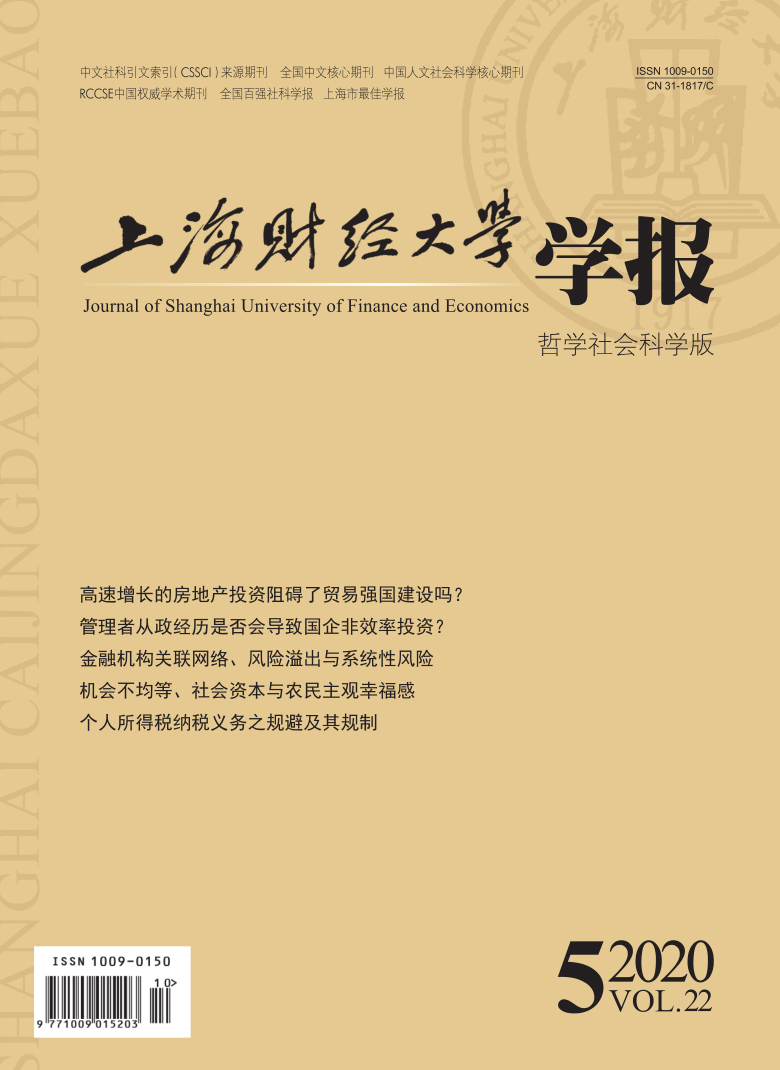The occurrence of individual income tax liability depends on whether there are taxable facts in line with the statutory tax elements. If the taxpayer tries to avoid the individual income tax obligation, it will constitute tax avoidance behaviors, which should be regulated by law. When China’s individual income tax law was revised in 2018, it added an anti-avoidance clause, which belongs to the scope of legislative regulation measures. The structure of this clause is composed of behavior patterns and legal consequences vertically. Horizontally, it is divided into transfer pricing rules, controlled foreign company rules and general anti-avoidance rules. It uses typical uncertain legal concepts, such as legitimate reasons, obviously low, reasonable needs, reasonable purposes, and improper interests, to regulate the transfer pricing implemented by individuals, controlled foreign companies and other arrangements without reasonable commercial purposes to obtain improper tax benefits. The corresponding legal consequence is that tax authorities have the right to make tax adjustment according to reasonable methods. As special anti-avoidance rules, the former two are realized through reasonable adjustment of related party transaction pricing and forced simulated distribution of profits of controlled foreign companies, which should be coordinated with the application of special tax adjustment rules of enterprise income tax; while the application of general anti-avoidance rules needs to clarify “no reasonable business purpose” and “improper tax benefits” by means of legal renewal. The connotation of uncertain legal concepts needs to focus on how to refine the behavior types of general anti-avoidance rules. The administrative regulation measures before the amendment of the law should retain the measures to exercise resident tax jurisdiction by identifying the taxpayer’s identity, rather than the practice of imposing tax administrative penalties and regulating individual tax avoidance behaviors based on the principle of substantial taxation. On the basis of the coexistence of administrative and legislative regulation measures, tax authorities can better solve the problem of tax avoidance of individual income tax. The application of anti-avoidance provisions should be promoted by the amendment of current normative documents by the State Taxation Administration. Whether it is appropriate for tax authorities to exercise the right of tax adjustment should be judged by the court. Whether the right of tax adjustment can be directly exercised by the court mainly depends on whether the implementation of anti-avoidance provisions is more appropriate through the judicial mechanism. The answer to this question depends on whether the implementation mechanism of anti-avoidance in China considers increasing judicial regulation measures.
 / Journals / Journal of Shanghai University of Finance and Economics
/ Journals / Journal of Shanghai University of Finance and EconomicsJournal of Shanghai University of Finance and Economics
LiuYuanchun, Editor-in-Chief
ZhengChunrong, Vice Executive Editor-in-Chief
GuoChanglin YanJinqiang WangWenbin WuWenfang, Vice Editor-in-Chief
Evasion of Individual Income Tax Obligation and Its Regulation
Journal of Shanghai University of Finance and Economics Vol. 22, Issue 05, pp. 124 - 137 (2020) DOI:10.16538/j.cnki.jsufe.2020.05.009
Summary
References
Summary
Cite this article
Ye Shan. Evasion of Individual Income Tax Obligation and Its Regulation[J]. Journal of Shanghai University of Finance and Economics, 2020, 22(5): 124-137.
Export Citations as:
For
Previous: 本期导读




 4718
4718  12558
12558

